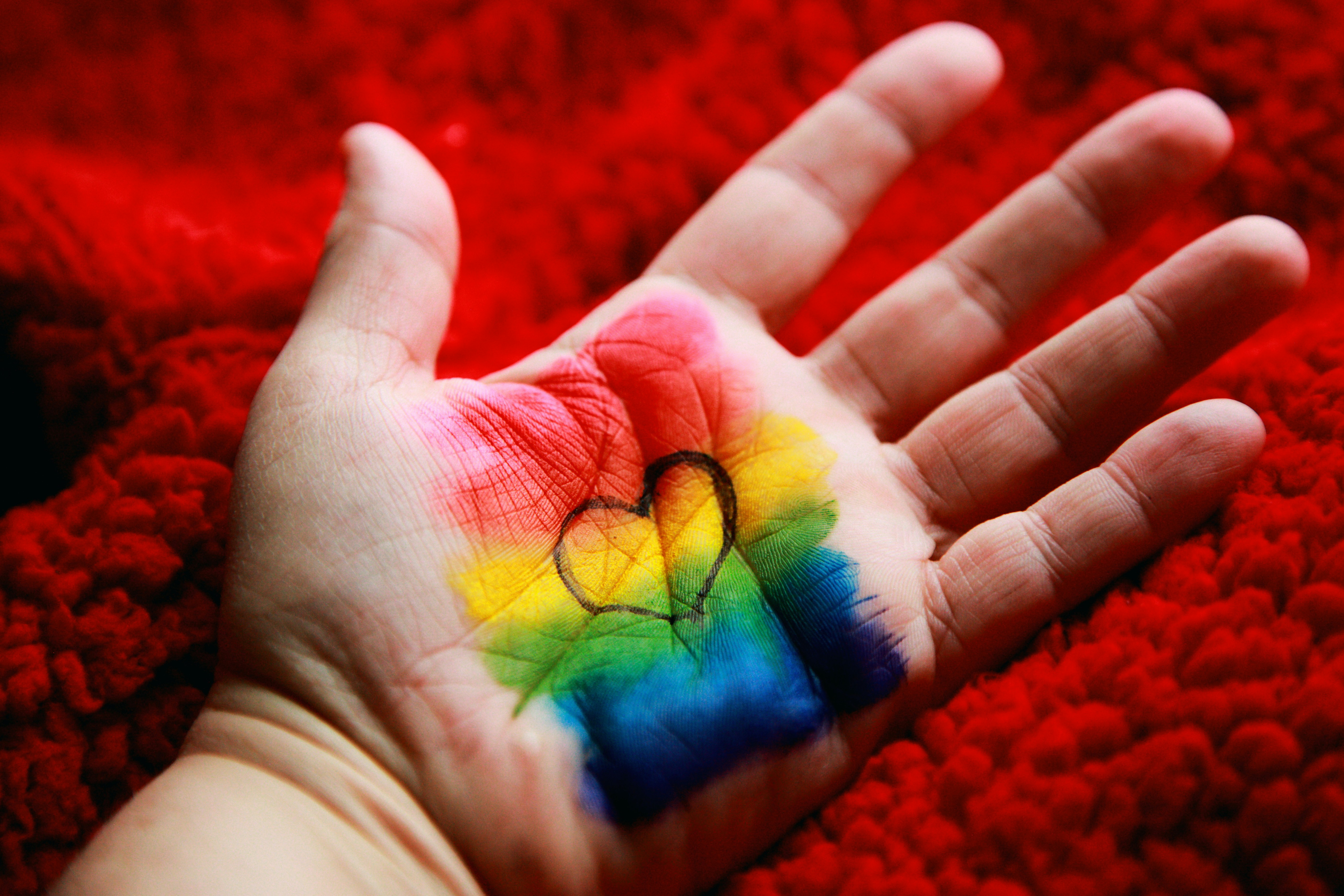4 Challenging Questions to Explore in Your Next Bible Study Group
Dissecting issues around homosexuality, gender identity, gender expression, and sexual identity, through a Christian lens, can be complicated. However difficult and murky it can sometimes be, Christians need to follow Christ's example, by leading lives that demonstrate love, compassion, and inclusion. This means that followers of Christ should be working to extend love to those who society has bothered and chosen to ignore.
One way to do this is by educating ourselves, through Bible study, for instance, to understand some of the challenges members of the LGBT community face, and what we can do as Christians to be kinder in a world that can seem to be fueled by hate. Keep reading for some topic areas you can tackle in your next Bible study meeting.
The first thing you'll need for a Bible study group is enough books for everyone to use. The best way to read the Bible is to have more than one translation that you can refer to. If you or your Bible study group are in the market for a new Bible, Bible study guides, Bible covers for women, Kid's Bibles, Bible cases, or other Christian art gifts, Cokesbury have you covered. They carry a wide variety of interdenominational church supplies, Bibles, and other church resources that you can find through on their website.
1. What does LGBTQIA stand for?

The abbreviation LGBTQIA is an umbrella term that refers to a variety of gender identities and sexual orientations, namely, Lesbian, Gay, Bisexual, Transgender, Queer, Intersex, and Asexual.
Lesbians are women who are sexually attracted to other women, Gay people are sexually attracted to people of their gender. In some cases, the term Gay may also be used as a general term to refer to men who like other men. A Bisexual person is sexually attracted to both people of their gender and the opposite gender. Transgender is an inclusive term used to describe gender identities that do not follow conventional gender binary definitions.
Intersex people cannot be characterized according to what we know traditionally to be male or female, and Asexual people do not feel sexual attraction, but can still have romantic relationships that don't include sexual encounters.
2. Mental Health Issues Facing the LGBT Community

LGBTQIA individuals face a unique set of challenges, some of which may make them susceptible to mental health issues. These issues may include depression, thoughts of suicide, drug and substance abuse, risky sexual behavior, depression, trauma, low self-esteem, and anxiety. These are usually brought on by the reaction they face when living as their true selves in an unaccepting society, not as a direct of their gender identity or sexual orientation. Being a member of the LGBTQIA community can come with alienation, which causes a host of trauma related issues.
3. Identity Issues in the LGBTQIA Community

Being a minority group, LGBTQIA people often face challenges that are unique to them. Some of thee challenges include:
- Coming out of the closet: Self-disclosing your gender identity or sexual orientation to friends, family, or co-workers is not a single life event. LGBTQIA people contend with the coming out process every time they meet someone new and this in turn can create a ton of stress.
- Gender affirming surgical and non-surgical processes: Gender affirmation processes include but are not limited to breast reconstruction, hormone therapy, genital reconstruction, and psychiatric and primary care. As they transition, transgender people will require caregivers who affirm their new gender identity by offering them the best level of care and providing them with factual information.
- Higher risk of contracting an STI: The CDC found that in 2014, "gay men, bisexual men, and other men who have sex with men accounted for 83% of primary and secondary syphilis cases," these being findings from the United States. The best way to lower one's risk of contracting an STI is to practice safe sex.
4. Treatment Options for LGBTQIA Related Issues

A number of accessible resources now exist to help LGBTQIA people struggling with gender identity and their sexual orientation. Some of these resources include access to affordable therapy, support groups, and phone helplines.
For individuals struggling with gender identity, or trying to figure out what does LGBTQIA mean, therapy can prove to be a great resource to provide clarity and understanding. Organizations like With Therapy have made it simpler for you to connect to a therapist near you. They use a series of highly automated technology to run a search that matches you to a therapist trained in LGBTQIA issues. Visit their website to learn more detailed information about how you can benefit from their "Find a Therapist" feature.